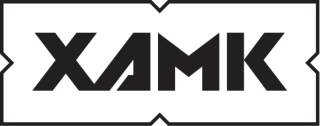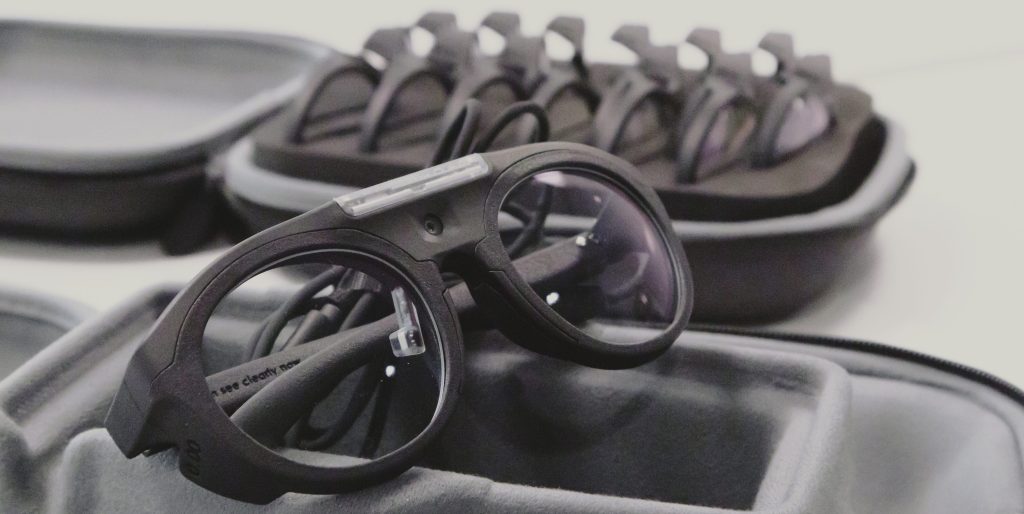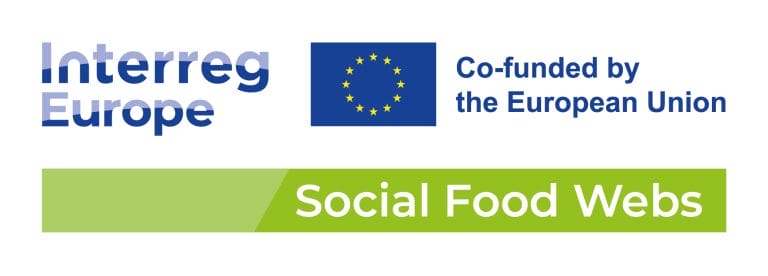
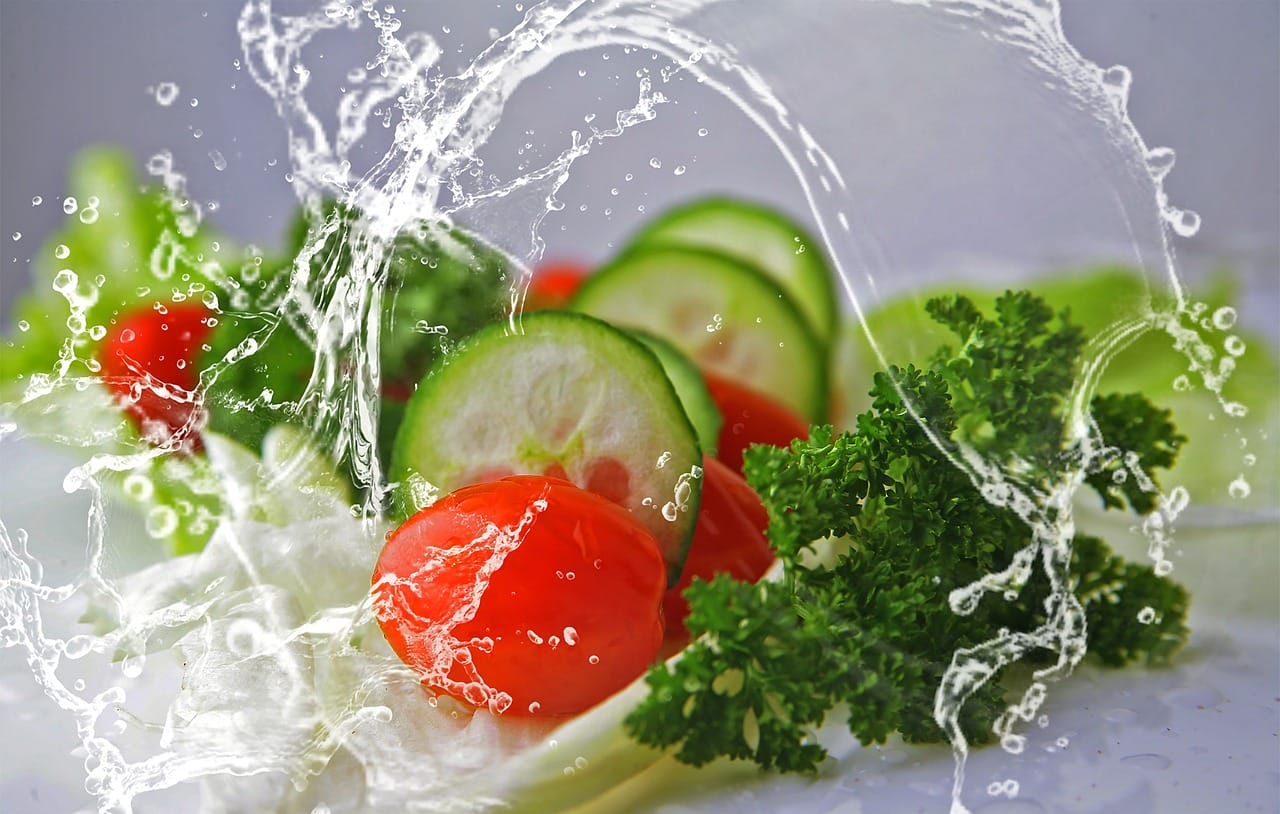
Social Food Webs
Socially inclusive circular solutions for food waste prevention
Social Food Webs helps policymakers to develop sustainable food redistribution networks to reduce food waste and strengthen regional food security.
Smarter Food Redistribution – Reducing Waste, Securing the Future!
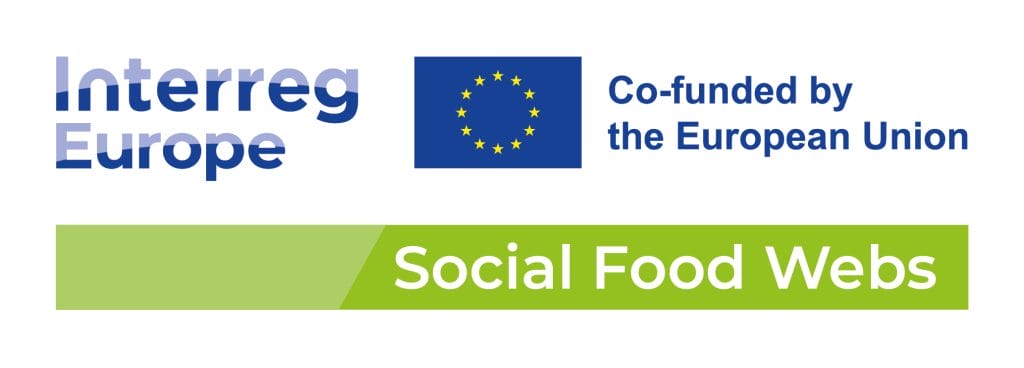
Project goal
Every year, over 58 million tonnes of food is wasted in the EU, while millions struggle to access quality meals. This project aims to improve policies that support local food circuits by promoting circular economy principles. The focus is on preventing food waste, redistributing surplus food, and fostering sustainable, inclusive systems. Through collaboration across eight European regions (Finland, France, Denmark, Spain, Poland, Latvia, Portugal, Belgium), the project enhances interregional learning, shares best practices, and strengthens networks between public institutions, businesses, NGOs, and citizens. Key themes include food waste prevention, smart redistribution technologies, and innovative business models for food surplus use.
Less Waste, More Impact
Turning food waste into opportunity — building smarter, fairer and greener local food systems across Europe.
Key measures of the project
Step 1 – Analysis & identification (semesters 1-2)
Analysis of partner situations and identification of valuable experiences and practices. This includes an analysis of regional policy situations, challenges, key stakeholders, and contextual drivers. Best practice from each region and will be shared and benchmarked with other European best practices.
Step 2 – Learning and integration (semesters 3-6)
During each of the semesters 3-5, themed study visits as hosted by different partners. The themes represent the key learning areas for policy improvement, identified during the project preparation phase:
- Developing food waste prevention networks for social and environmental benefits
- Food redistribution management and monitoring technologies
- Supporting new business models in food surplus distribution
Step 3 – Dissemination & follow-up (semesters 7-8)
Partners will continue to learn from each other and work closely with their stakeholders to measure the effects of good practice transfers and policy improvements. High-level meeting in semester 7.
Facts
Social Circular Food Webs – Socially inclusive circular solutions for food waste prevention
Info
Budget
Keywords
Project partners
South-Eastern Finland University of Applied Sciences (Xamk), Finland
Lille European Metropolis (MEL) (France)
Vejle Municipality (Denmark)
Valles Occidental County Council (Spain)
Wielkopolska Region (Poland)
Riga Planning Region (Latvia)
Environment Company of Porto Municipality (EMAP) (Portugal)
Economic Council of East Flanders (EROV) (Belgium)
PROJECT OUTPUTS AND PUBLICATIONS
Project overview (PowerPoint presentation)
